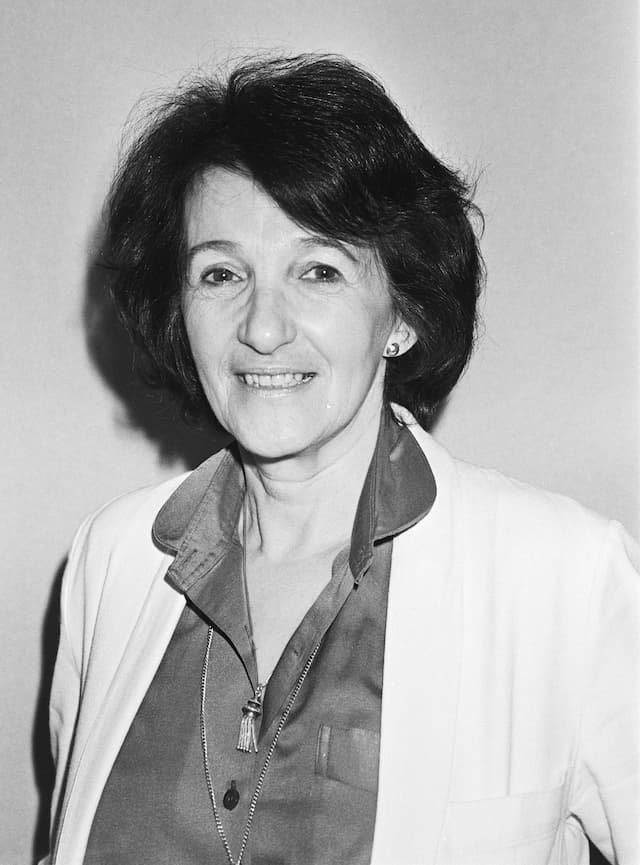The Days They Left Behind
In Dutch literature no author is as closely associated with the process of coming to terms with World War II as Marga Minco. Throughout her meticulous and scintillating oeuvre she uses an almost unemotional tone to describe the gruesome fate suffered by Jews who went into hiding.

Her personal theme was already present in the novel Bitter Herbs, the ‘little chronicle’ with which Minco made her debut in 1957 and which has since gone through countless reprints and been translated into dozens of languages: a breakdown of the situation of the one who was left behind, the one whose entire family was killed in the war.
Her new novel Nagelaten dagen is told by an unnamed narrator. She ends up in a house that is full of objects belonging to deported Jews. During the war, neighbours and acquaintances of Jewish families often appointed themselves guardians of Jewish possessions only to turn out to be untrustworthy and self-seeking, keeping everything for themselves. The main character is led back in time by her contact with the Jewish Eva Ruppin, whose family originally owned the objects, and by the objects themselves, specifically a shiny blue bowl on which birds fly into freedom. Her efforts to regain the bowl for Eva Ruppin finally lead her to the last days of her own sister Bettie, who was gassed in Auschwitz. Bettie lived on the Merwedeplein in Amsterdam, a quiet square in a largely Jewish area where Anne Frank also lived before going into hiding.
A beautiful but deeply disturbing book.
Elsbeth Etty, NRC Handelsblad
In just 119 pages Marga Minco succeeds in interweaving several stories and painful memories. She moves smoothly back and forth in time, creating in the process almost unbearable tension, not just because of the uncertainty surrounding the return of the glass bowl – beautifully symbolic of memory – but because of the fate suffered by the narrator and her dead sister. Marga Minco uses her considerable literary resources to comprehend her gruesome past while keeping it at a distance. It is the only way the writer can exorcise the horrors of the Holocaust. It is, at the same time, a moving monument against forgetting.
'Nagelaten dagen' is once again dominated by the familiar tension that you never get used to.
Carel Peeters, Vrij Nederland
If you finish the book and read it through again you realise that the past gradually emerges from the darkness of repression.
Jaap Goedegebuure, HP/De Tijd
